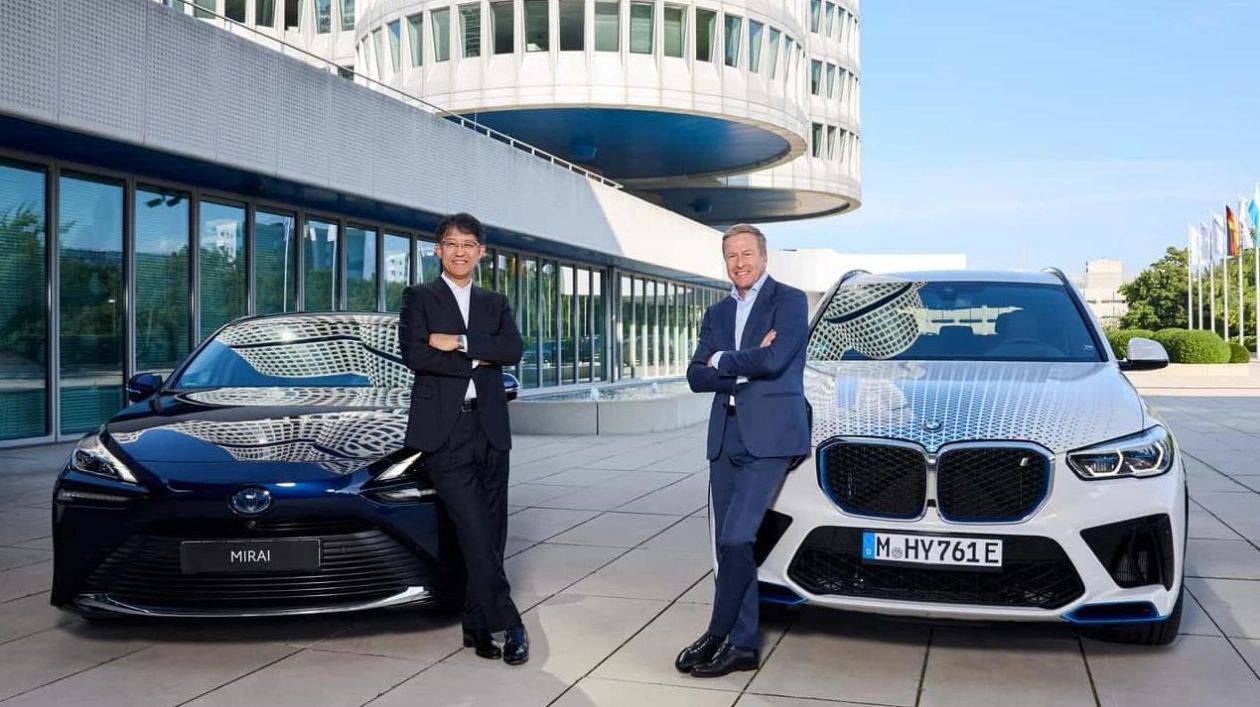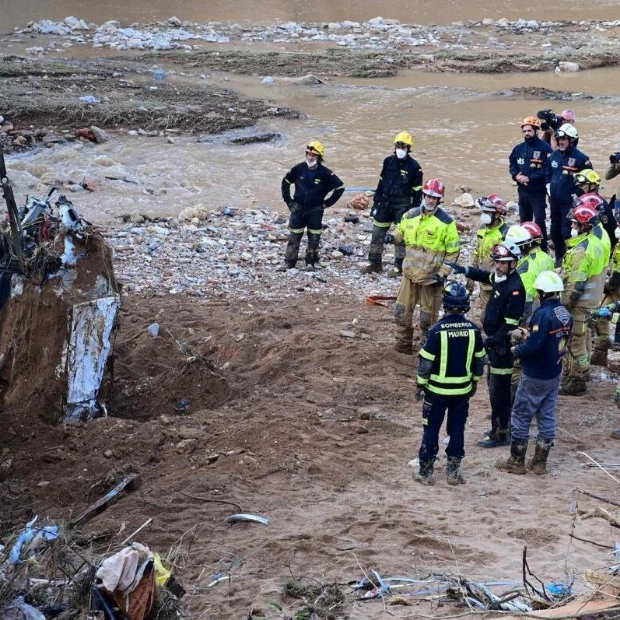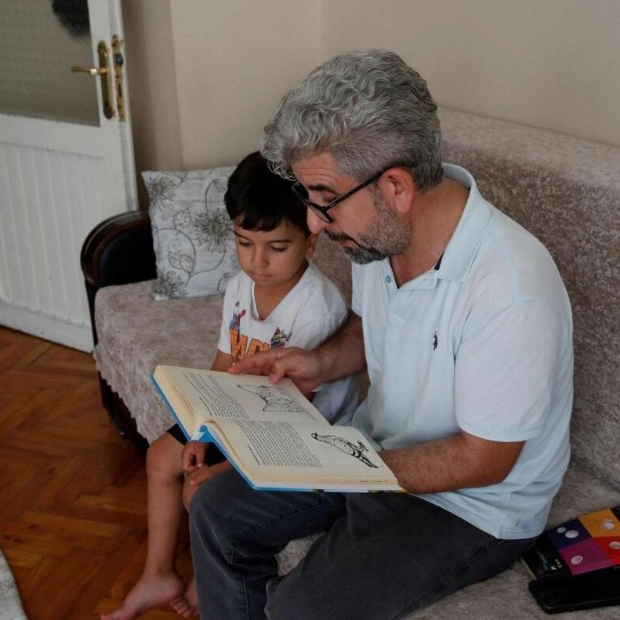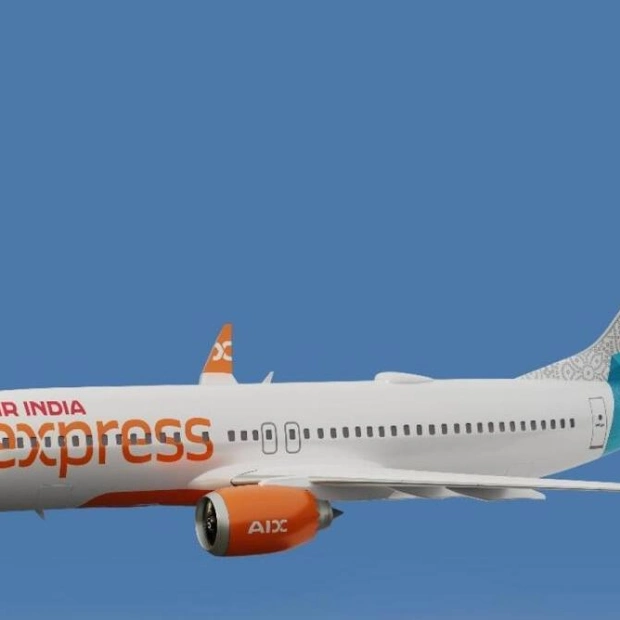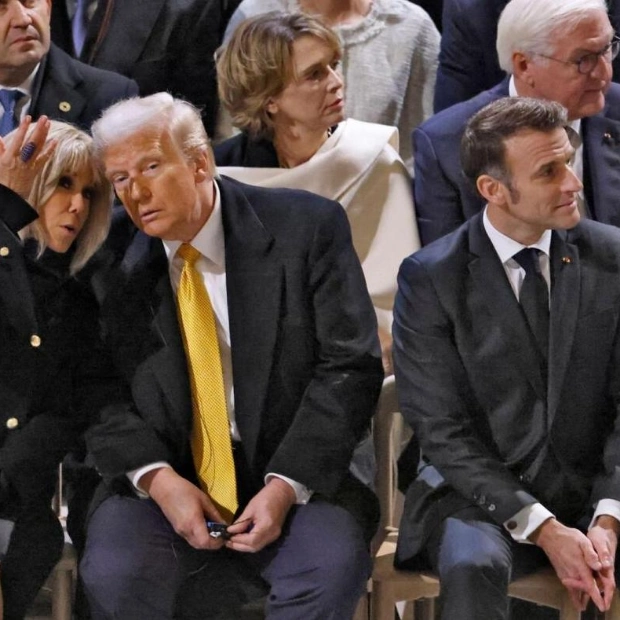BMW is gearing up to join the hydrogen vehicle market, announcing plans to launch a fuel cell electric vehicle in 2028. To achieve this, the company is expanding its collaboration with Toyota, one of the few automakers still committed to hydrogen technology. While Toyota has been selling the Mirai for a decade, this will mark BMW's first hydrogen car available for purchase. With the launch still four years away, BMW is keeping details under wraps. However, it has hinted that the hydrogen model will be based on an existing product, specifically the X5. This suggests that the hydrogen SUV will not be a production version of the current iX5, as the current generation of the X5 is nearing the end of its lifecycle. By 2028, the next-gen X5 will have replaced it.
Regardless of its final form, BMW promises an original product that reflects the brand's identity, rather than a rebranded Toyota. Toyota, meanwhile, is developing its own hydrogen-powered vehicles using the fuel cell technology co-developed with BMW. Notably, the fuel cells for the iX5 Hydrogen are supplied by Toyota. The zero-emission SUV is part of a test fleet of fewer than 100 units, assembled in Spartanburg and modified in Munich. The iX5 features two 700-bar hydrogen tanks made from carbon fiber-reinforced plastic (CFRP), holding six kilograms of hydrogen for a WLTP range of 313 miles. Refueling takes about three to four minutes, similar to a gasoline or diesel X5.
If BMW's first hydrogen car is based on the next-gen X5, it will share the CLAR platform with its gas, diesel, and plug-in hybrid counterparts. There are rumors that BMW might also introduce a conventional EV on the same platform. The next X5 is expected to enter production in the second half of 2026, with BEV versions available from the start. BMW's Neue Klasse, set to debut next year, is the company's first dedicated electric architecture, initially developed with a hydrogen fuel cell setup in mind. However, reports suggest that CLAR will be used instead, at least for the initial hydrogen efforts.
Interestingly, BMW has been involved in hydrogen car development since 1979, starting with the 520h, which featured a combustion engine modified to run on hydrogen. This approach was later used in the V-12-powered E38 and E65 sedans in the 2000s. However, BMW abandoned hydrogen ICEs in favor of fuel cells, recognizing their greater efficiency. Jürgen Guldner, Vice President of Hydrogen Fuel Cell Technology and Vehicle Projects at BMW Group, noted that the X5 Hydrogen FCEV achieves a range of around 500 km (310 miles) per fill, compared to less than 300 km (186 miles) with a combustion engine. This makes hydrogen a viable option for consumers.
One significant challenge remains: the lack of refueling infrastructure. In many parts of the world, hydrogen refueling stations are virtually non-existent. As a result, BMW and Toyota are focusing on select regions where hydrogen infrastructure is more developed. Both companies are also working on collaborative initiatives to expand the hydrogen refueling network. With four years until the launch, there is hope that the infrastructure will improve, making hydrogen vehicles more accessible.
